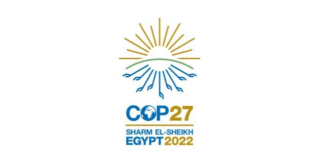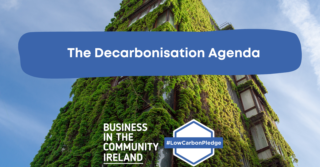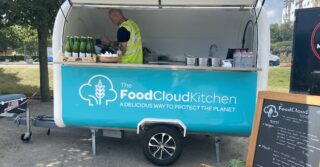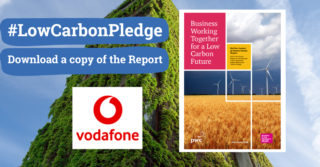Veolia Imagines Ireland 2050
Veolia Ireland, experts in water, waste and energy resource management, is challenging Irish manufacturing to assess and incorporate global trends in all future planning.
It comes as the company, headquartered in Glasnevin, Dublin, published its study, Imagine 2050: the future of water, waste and energy, this week. The paper was developed with academics and futurists to identify concisely the big themes with greatest impact, and showcases pioneering responses to these trends from across the world. Among the issues addressed is population growth, utilising advancing technology and redistributing energy from food waste.

“2050 is only as far away from us today as 1986 is,” said Fergus Elebert, Veolia’s Regional Director – Ireland, “and what we do and how we do it has transformed in some cases beyond recognition during that time. We can absolutely expect at least the same level of change, and new opportunities emerging for manufacturing to make better use of resources, reducing waste and increasing profitability.”
The mega trend is population growth, with extra one million people in Ireland by 2040. This, combined with increased urbanisation and an older population will see global resource demand increase – water demand is expected to be 55% higher in 2050 than it is today.
New technologies, in particular 3D printing, robotics and new lightweight materials, will transform how we manufacture – and where. Tooling and mobilisation costs which today account for 70% of production costs could reduce to 10% and we will see much greater flexibility in manufacturing plants.
“Manufacturing has the potential to become hyper-efficient at every stage, from design, to production, to reuse of waste and by-products,”
Fergus Elebert, Regional Director, Veolia Ireland
“Manufacturing has the potential to become hyper-efficient at every stage, from design, to production, to reuse of waste and by-products,” continued Mr. Elebert.
“The food and pharma sectors are going to move to increasingly personalised products for individuals, and there is great scope for productive interaction between the two. This could be a real win for Ireland considering its strength and expertise in these sectors but it is going to require a new mindset from R&D to production to sales.”
Viewing the study from a broader context, Estelle Brachlianoff, Senior Executive Vice President – UK and Ireland, stated, “industries today, in Ireland and abroad, are expected to produce more with less – with tighter budgets under stricter environmental regulations. In our experience, adopting a more circular operating model will enable these industries to reduce their unit production costs, whilst improving their resilience for the future.”
Between 30-50% of food produced is wasted and this is an unsustainable position as the world population moves to nine billion people. Ireland’s quality raw materials are a permanent competitive advantage, but focus on recovery and redistribution of energy and water from food production will be critical operationally, commercially and socially.
“We work in partnership with a wide range customers to help them become part of the resource revolution, becoming more efficient, improving sustainability and saving time and money. We are experts in using waste as a resource in ways that work for a wide range of sectors and customers and we believe that by 2050, Ireland will regard all waste, whether high volume or highly complex, as a source of value,” concluded Mr Elebert.
Tags: Veolia






